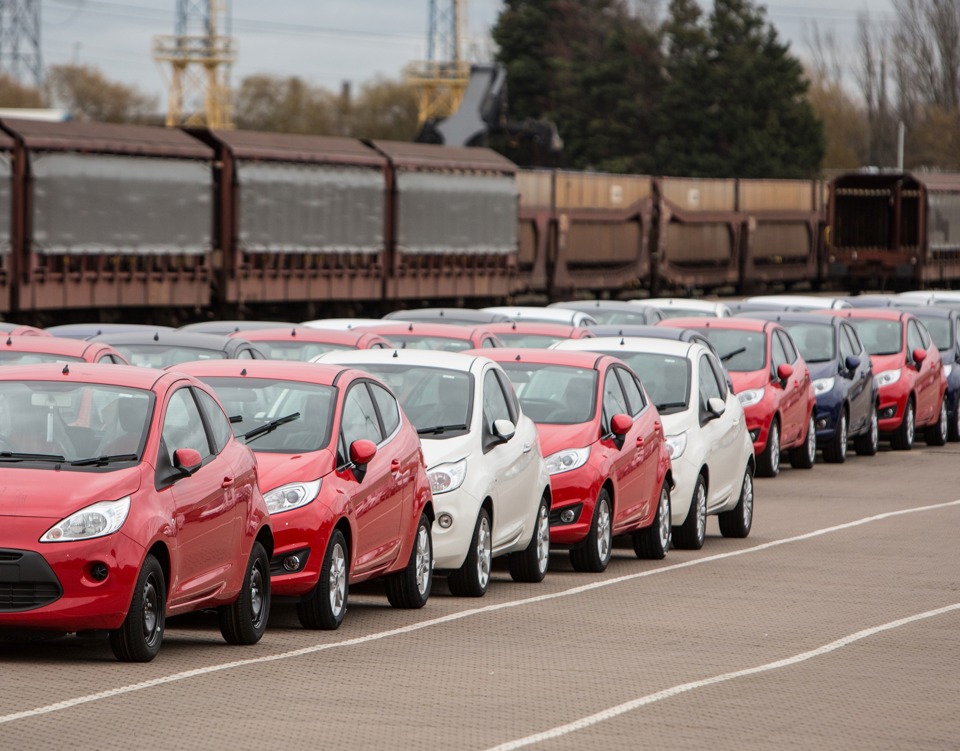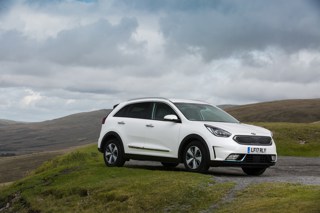New car registrations grew 10.4% in April, including a 0.9% growth in fleet.
Year-to-date performance is still -8.8% down on last year, with fleet registrations down -8.5% overall.
Last month’s increase is largely the result of a poor result in April 2017 after registrations boomed in March 2017 ahead of the VED changes.

The Society of Motor Manufacturers and Traders (SMMT) says April figures this year paint a mixed picture, with private demand growing 26.3%, while the fleet market remained stable at 0.9%. However, business registrations saw a significant decline, falling -12.9% compared with the same month last year.
Mike Hawes, SMMT chief executive, said: “It’s important not to look at one month in isolation and, given the major disruption to last April’s market caused by sweeping VED changes, this increase is not unexpected. While the continuing growth in demand for plug-in and hybrid cars is positive news, the market share of these vehicles remains low and will do little to offset damaging declines elsewhere. Consumers need certainty about future policies towards different fuel types, including diesel, and a compelling package of incentives to deliver long-term confidence in the newest technologies.”
Supermini and dual-purpose cars saw the most significant growth of all segments, up 27.0% and 26.8% respectively.
Demand for petrol cars grew in April, up 38.5%, while diesel registrations continued the recent trend, declining -24.9%. Meanwhile, registrations of plug-in and hybrid electric cars continued to rise, up 49.3%, thanks to manufacturer investment in a growing choice of models. While the growth is welcome, these alternatively fuelled vehicles still account for just 5.6% of the market.
Ashley Barnett, head of consultancy at Lex Autolease, said: “The average replacement cycle for most UK company car fleets is four years. If we compare Q1 2018 with the same period in 2014 and 2010, there is in fact a slight increase over time (17% between 2010 and 2018 and 4% increase between 2014 and 2018).
“Of more concern is that in order to meet government targets around emissions, we do need to see a more marked increase in registrations, so that older, more polluting vehicles are replaced with new, cleaner technologies.
“The Budget is now not taking place until the autumn which means the industry does not yet know the Benefit in Kind tax rates for what will be the fourth year of many fleets’ four-year replacement cycle. The lack of this key information makes it harder for fleets and drivers to plan for the future. As a result many consumers and fleets are holding off from placing orders. In some instances, drivers are opting out of new company cars to take older, less environmentally friendly vehicles.”
 Despite the significant rise in the month, the overall new car market remains down year to date, with new registrations in the first four months falling -8.8%, year on year, to 886,400 units.
Despite the significant rise in the month, the overall new car market remains down year to date, with new registrations in the first four months falling -8.8%, year on year, to 886,400 units.
The SMMT says that while this level of decline is expected to slow over the course of 2018, political and economic uncertainty will continue to affect the market and further instability could cause additional disruption.

















Login to comment
Comments
No comments have been made yet.